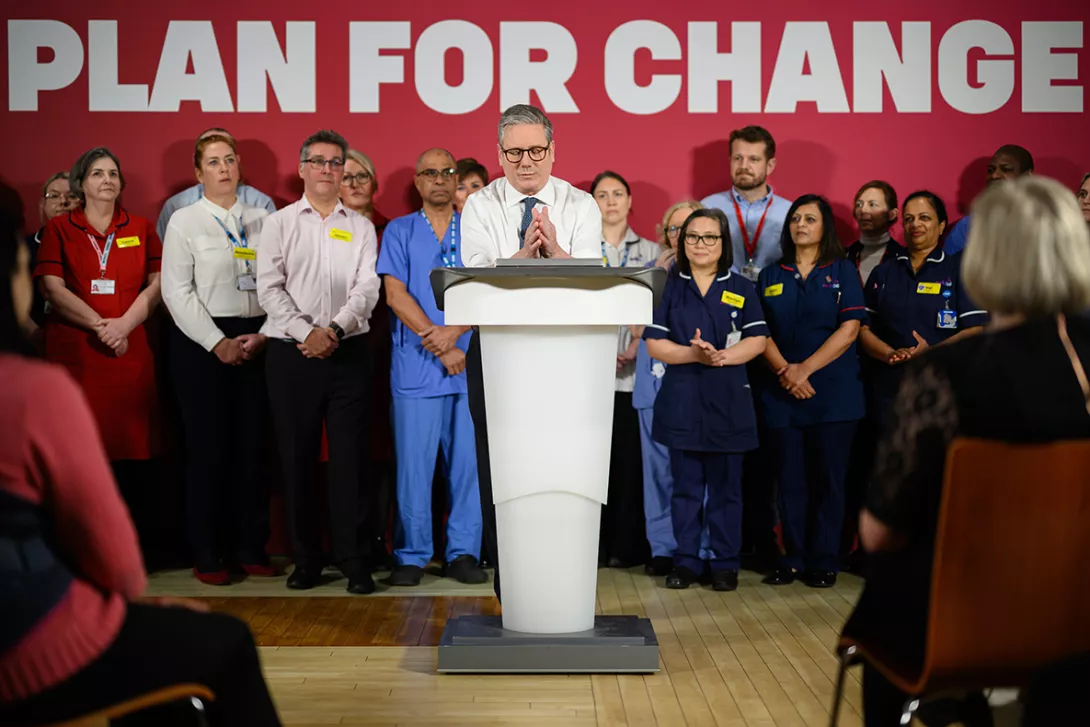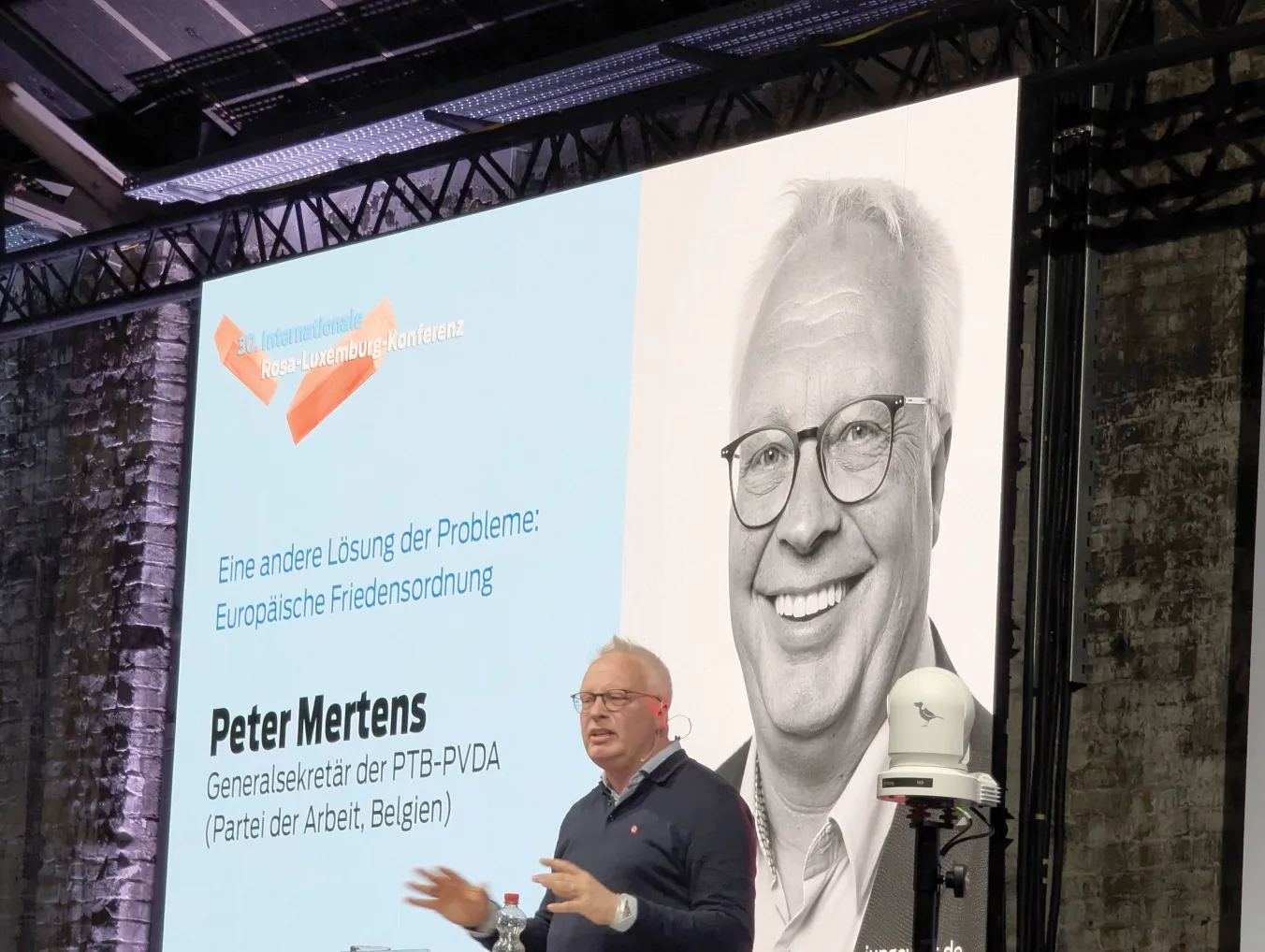Error message
An error occurred while searching, try again later.
KEIR STARMER says he is expanding NHS dependence on the private sector because he is “not interested in putting ideology before patients.”
But continuing to increase outsourcing of NHS care to private providers ignores the evidence of the last decade and puts corporate profit, not patients, first.
Labour’s plans for the NHS represent continuity with Tory policy, not change.
The number of procedures outsourced by the NHS has steadily grown since 2014, without any discernible impact on waiting lists, which have soared in the same period.
Private hospitals have claimed an ever greater share of routine operations, now performing about a quarter of hip and knee replacements and the same proportion of cataract removals: extracting sizeable profits on simple operations which would cost less in-house.
In the process, they undermine the NHS’s capacity to deliver such treatments. Most medics working in the private sector also carry out work for the NHS, while private providers are constantly seeking to recruit more NHS staff: the greater the demand for private operations, the greater the drain on the NHS workforce. Outsourcing is not driven simply by need but by greed: with higher rates available in the private sector, some doctors have an incentive to refer patients for private treatment at public expense.
Starmer wants to raise the number of privately provided operations by another 20 per cent. But with a shared workforce, this could mean the NHS paying more for the same number of procedures rather than slashing waiting lists.
Like Wes Streeting’s plans for hospital league tables and patients being given a choice of five hospitals to be treated at, it does nothing to tackle the core problem — tens of thousands of staff vacancies and workforce turnover so high it’s estimated to cost thousands of patients their lives each year.
Both may in fact make that problem worse. Morale in the NHS is not helped by the knowledge that colleagues who jump ship to the private sector, or indeed current colleagues who do more private-sector and less NHS work, can earn far more. “Naming and shaming” hospitals whose treatment backlogs are longer, when this may be due to understaffing, dilapidated buildings and the high cost of servicing PFI debt incurred during a previous ill-fated flirtation with private capital and its profit motive, is only likely to accelerate the exodus of undervalued, underpaid health workers.
The irony is that Starmer and Streeting cite the cost of the NHS as the reason it needs reform. The health service cannot be a “national money pit” where care is subsidised by “ever-rising taxes,” the PM pontificates.
Given France spends a quarter more, and Germany more than half again as much, on healthcare per capita than Britain, we should always challenge the malicious narrative that the NHS is an unaffordable luxury. We can and should spend more on the NHS, and if the government wanted it could easily raise the funds through higher corporation tax (Britain’s is, shamefully, the lowest in the G7) or even a modest tax on wealth. The contrast between struggling public finances and the sharp increase in corporate profits in recent years has been highlighted in repeated studies by the Unite union’s Unite Investigates team.
But we should also expose the contradiction in the government’s case. Private procedures cost more than NHS ones, while the private sector is adept at securing lucrative long-term contracts and then failing to undertake the anticipated amount of work. Private healthcare is a rip off.
Investing in the NHS estate, restoring health workers’ pay to real-terms 2010 levels to encourage recruitment and retention and revoking the extortionate PFI contracts that weigh down hospital trusts would do far more to shorten waiting lists and provide better value for money than anything Labour has just announced.
Starmer’s refusal to acknowledge that is putting ideology before patients.













